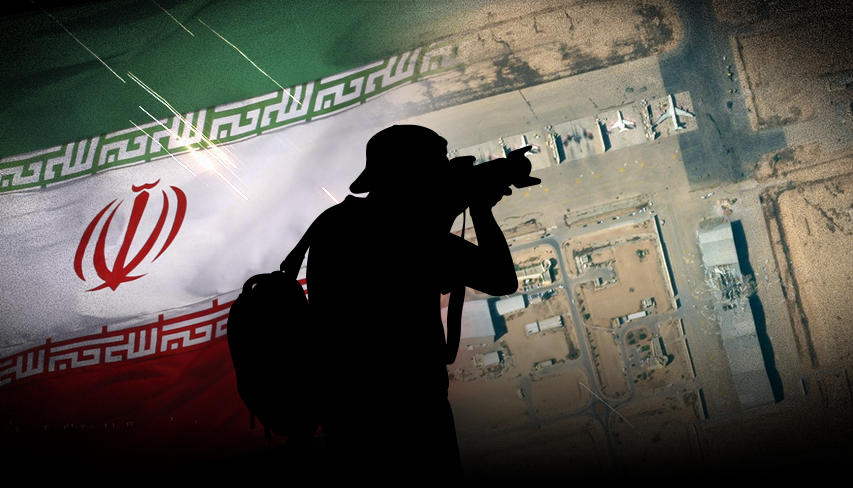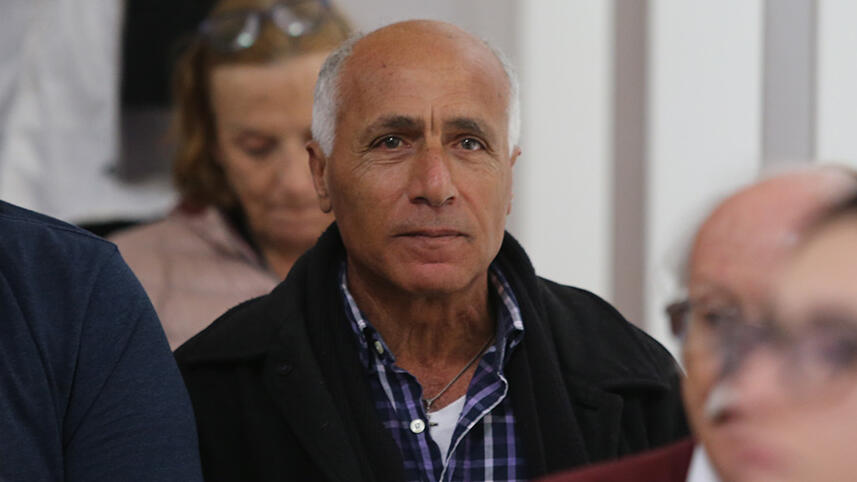Getting your Trinity Audio player ready...
The expected indictment against the Israelis at the center of the serious espionage case for Iran that was revealed on Monday could be severe according to the police, mainly due to the long period during which the seven suspects allegedly operated on behalf of Tehran, reaching two years.
The indictment is set to be filed on Friday, though charges against the suspects have already been determined. In the past, the most serious espionage charges were brought against Israeli atomic technician Mordechai Vanunu, who leaked information and photos from the nuclear reactor in Dimona. He was charged with severe espionage charges and even treason, convicted and sentenced to 18 years in prison.
3 View gallery


( Photo: AP, AP Photo/Majdi Mohammed, Planet Labs Inc./Handout via REUTERS , shutterstock)
Israel's Penal Code divides espionage charges into five different crimes, each with distinct characteristics, severity and penalties. The serious crimes of espionage and passing information to the enemy can lead to prison sentences ranging from 10 years to life imprisonment.
For instance, former Israeli minister Gonen Segev was charged with espionage for Iran and convicted of espionage, but not treason, resulting in an 11-year prison sentence. Amir Makhoul, who spied for Hezbollah, was similarly sentenced to nine years in prison in 2011. Journalist Anat Kamm was convicted of espionage and unauthorized disclosure of classified information, receiving a three-and-a-half-year prison sentence.
The significant differences in sentencing stem from the law's clear distinction between someone who spied and gathered security information and someone who did so without passing the information to the enemy.
In Kamm's case, she provided the information to Haaretz journalist Uri Blau. The treason offense, which could be linked to this case as it was for Vanunu, comprises seven serious charges, with the most severe ones carrying the possibility of the death penalty. However, these offenses are not expected to be included in the current indictment.
Meanwhile, lawmakers have started calling for harsh punitive measures against the suspects, including the death penalty. "The phenomenon of traitors who harm Israel's security for monetary gain, while we're fighting for our future, requires the use of the harshest measures, including a death penalty law," Culture and Sports Miki Zohar wrote on his X account (formerly Twitter). "This is the only way we can create a clear deterrent to prevent similar cases."
Interior Minister Moshe Arbel instructed the advisory committee to consider revoking the citizenship of the Israelis suspected of espionage for Iran. "The State of Israel, as a nation that values life, will act alongside stricter enforcement against breaches of trust, to expel and denounce those who act against it," he said. "This is how we should act, and God willing, this is how we will proceed."
Get the Ynetnews app on your smartphone:




